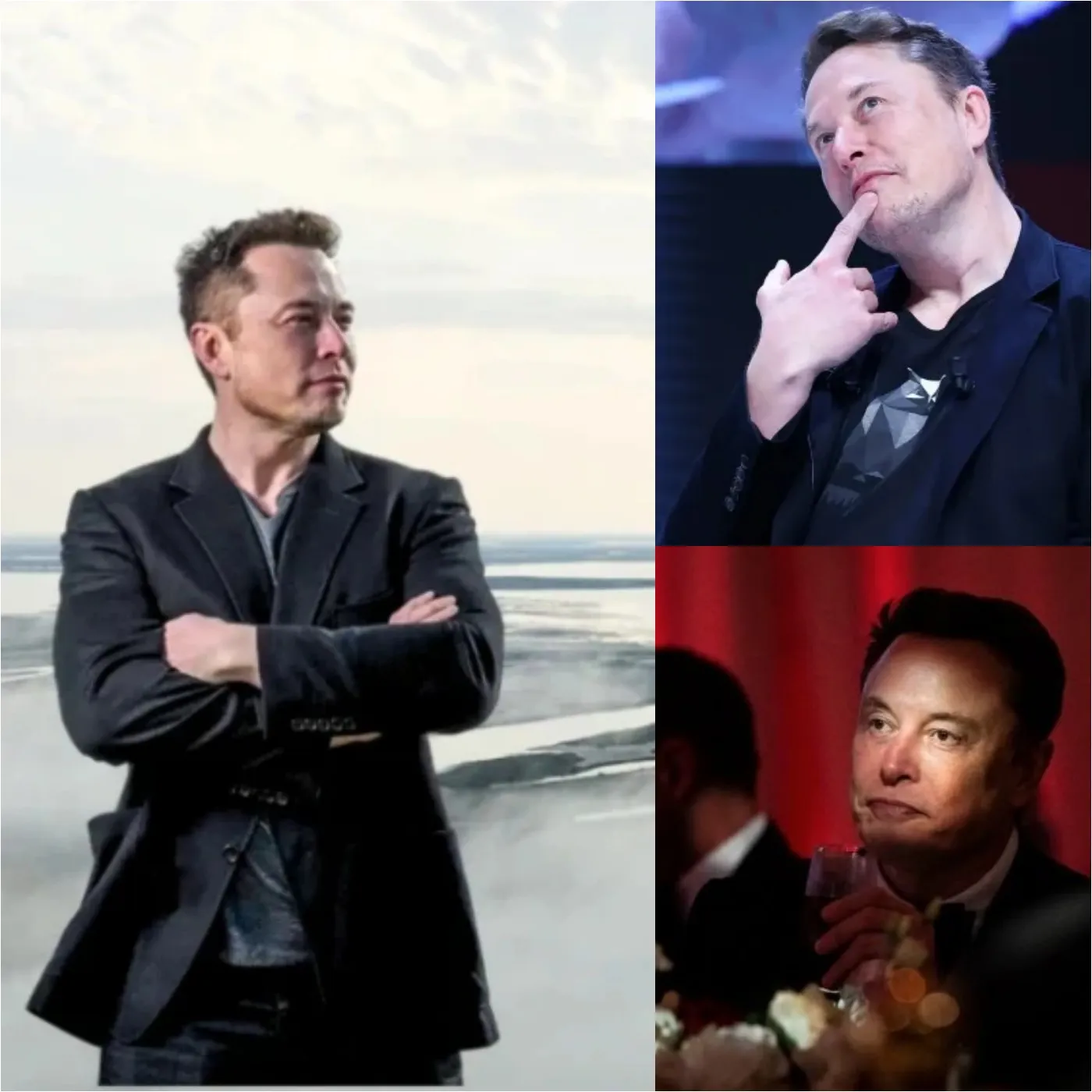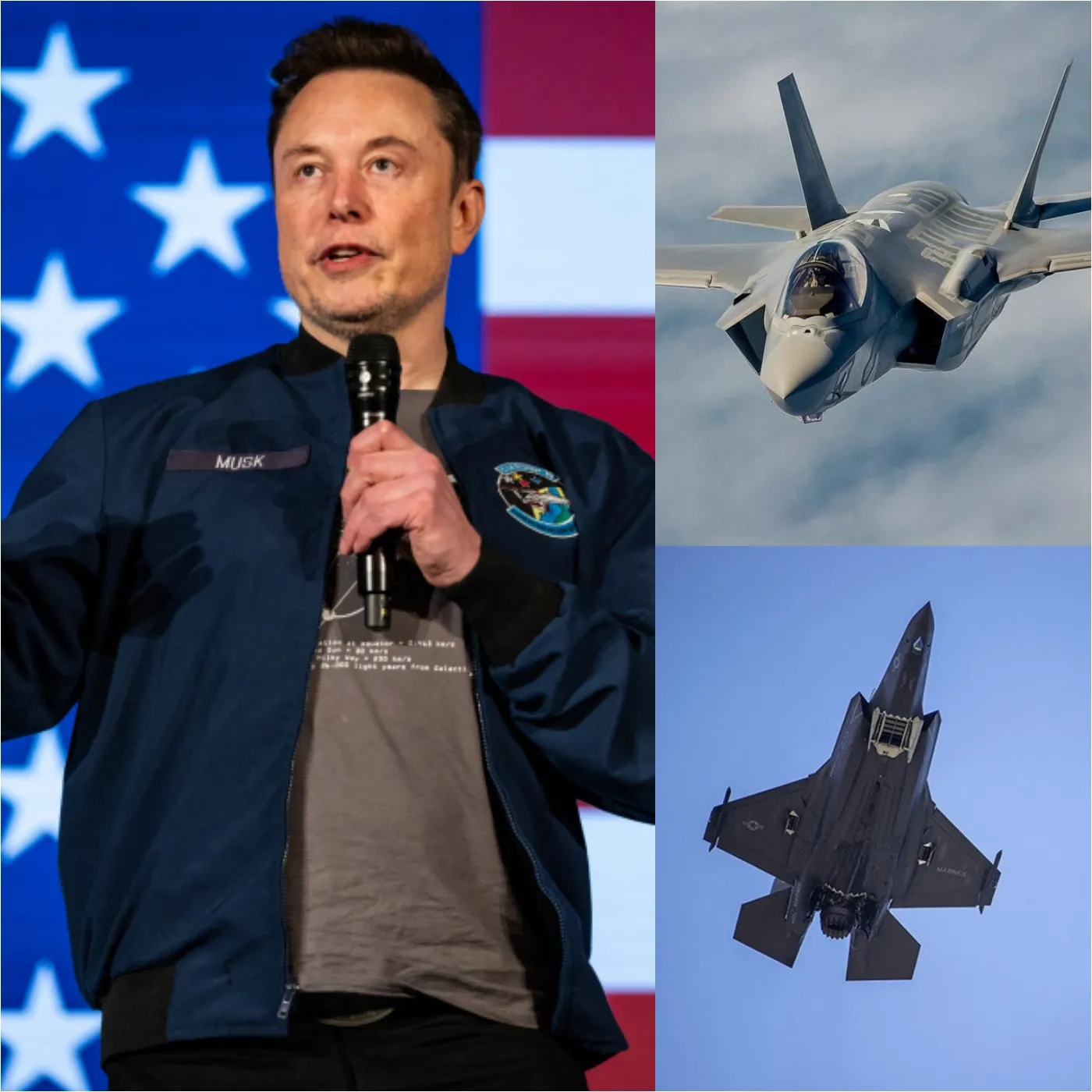Elon Musk Criticizes F-35 Fighter Jet’s “Terrible Design” and Emphasizes the Future of UAVs
Elon Musk, the billionaire CEO of SpaceX, Tesla, and X, has recently made headlines with strong criticism of the F-35 fighter jet, calling its design “terrible.” Musk voiced his concerns about the future of manned fighter jets on November 25th, arguing that unmanned aerial vehicles (UAVs) are the true future of air combat.

Musk further elaborated, “The F-35’s design was a disaster from the beginning because it was designed to do too many things for too many forces.” He described the F-35 as an expensive and complex weapon that is capable of performing various tasks but excels at none. Despite being touted as one of the most advanced stealth jets in the world, capable of intelligence gathering, the F-35 has faced numerous challenges during its development, including software issues and high operating costs, which have led to frequent criticism.
Recently, countries such as Germany, Poland, Finland, and Romania have entered contracts to purchase the F-35. However, the jet has faced significant delays and cost overruns, making it one of the most expensive fighter jets globally. According to Mauro Gilli, a researcher at the Swiss Federal Institute of Technology Zurich, the primary costs of the F-35 stem from its software and electronic systems, not its pilots. Gilli argued that a reusable drone could potentially feature similar capabilities as the F-35, making it a more cost-effective alternative.
The Strategic Impact of the F-35’s Existence
Furthermore, Gilli pointed out that the F-35’s existence has forced adversaries like Russia and China to develop advanced aircraft and radar systems to compete. “The mere existence of the F-35 and the B-1 bomber has pressured other nations into making strategic choices they otherwise wouldn’t have made,” said Gilli. He also warned that eliminating the F-35 program could relieve pressure on these nations to develop competing weapons systems.

Cost and Flight Hour Reductions for the F-35
In April, the U.S. Government Accountability Office (GAO) released a report revealing that the U.S. military plans to reduce flight hours for the F-35. This decision follows a Pentagon estimate that the lifetime cost of the F-35 program, including purchase, operation, and maintenance, could exceed $2 trillion over the coming decades.
While Musk’s comments spark debate about the future of military aviation, they also raise important questions about the direction of defense spending and the potential for UAVs to replace traditional manned jets. As the F-35 continues to face scrutiny, the shift towards unmanned aircraft may become an increasingly prominent aspect of future air combat strategies.


